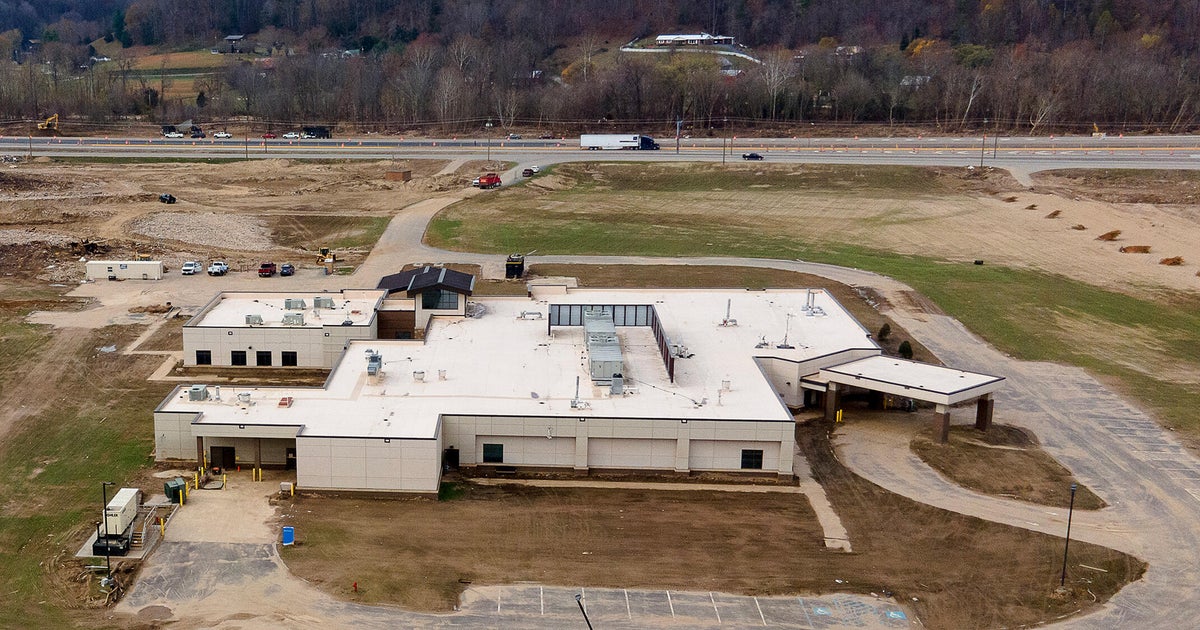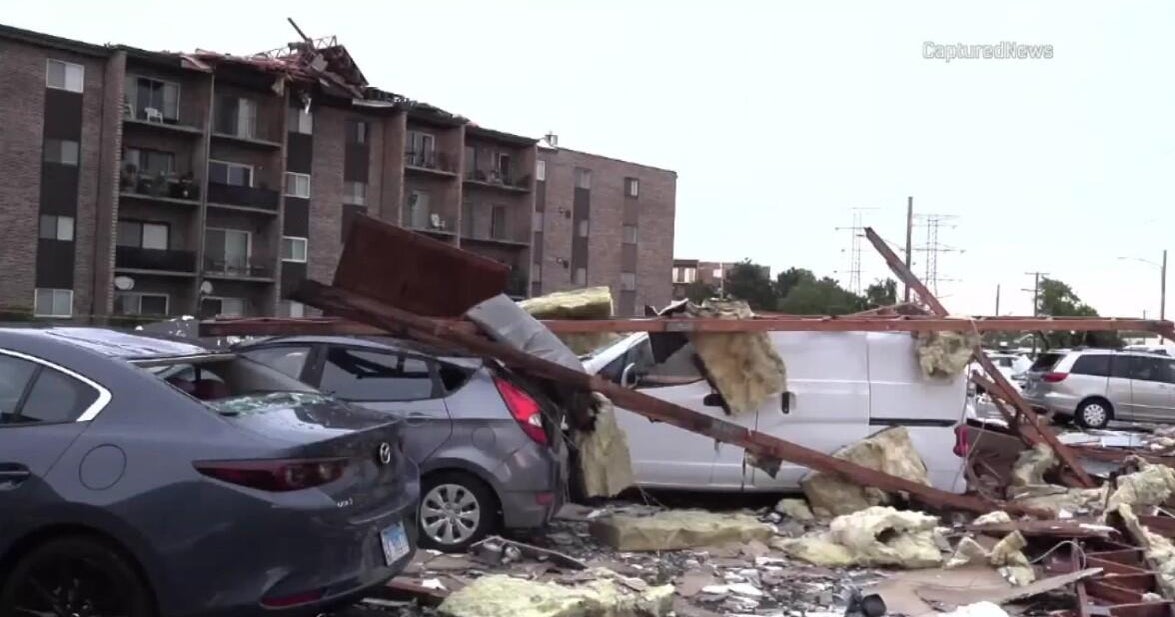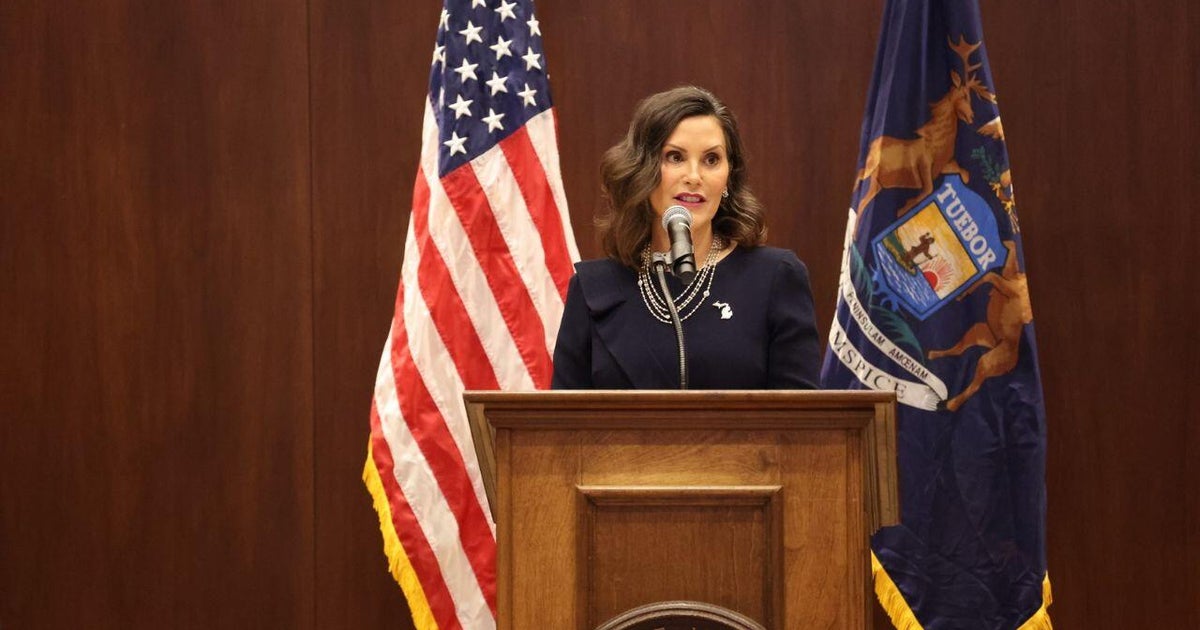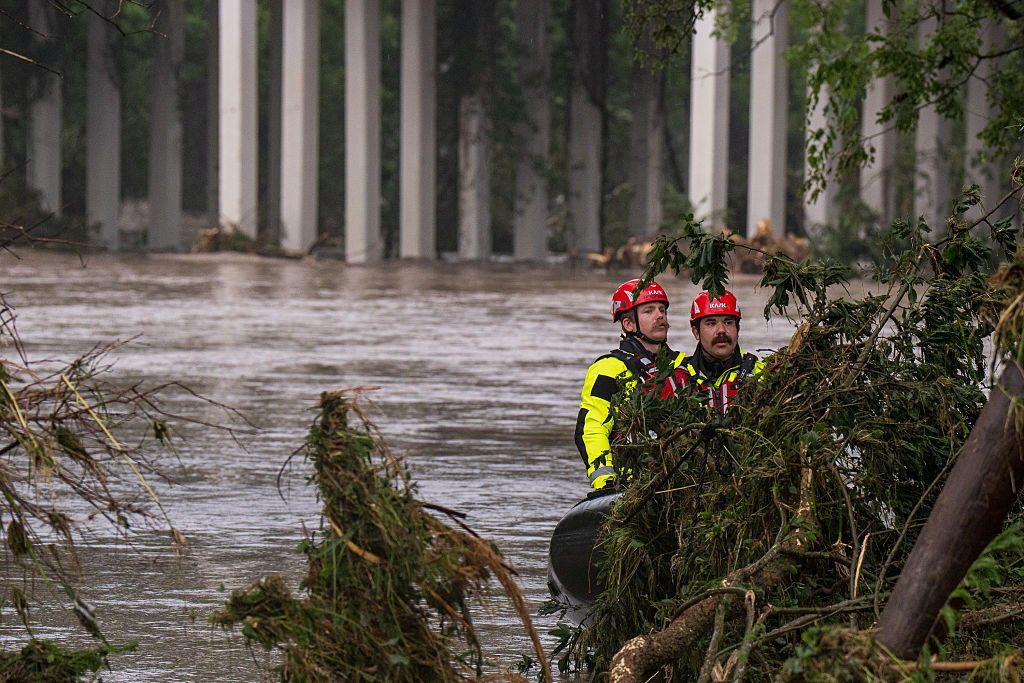Federal flood insurance may never be the same
As Hurricane Nate -- the fourth cyclone to batter the U.S. this hurricane season -- aimed at the U.S. last week, the Office of Management and Budget issued a dire warning and a pessimistic prognosis to Congress. The National Flood Insurance Program (NFIP) will have "fully exhausted its financial resources," including its $30 billion borrowing authority, before the end of October. After that, it will be "unable to pay claims," according to a letter that OMB Director Mick Mulvaney sent to Senate Majority Leader Mitch McConnell.
The NFIP was already $24 billion in debt even before this year's monster storms ravaged the U.S. First, Hurricane Harvey hit Texas and Louisiana, saturating Houston with 60 inches of rain. Then Hurricane Irma scored a bullseye on Florida, tracking right up the peninsula with 135-mile per-hour winds. Hurricane Maria virtually decimated the island of Puerto Rico, destroying the power grid and major roadways. Damage reports there are still coming in.
"The recent hurricanes have inflicted projected losses of $16 billion," said Mulvaney. Now, Nate will dump at least an additional three to six inches of rain on the already soaked Gulf region.
Congress has repeatedly been slow to act on flood insurance -- already delaying once this year -- and in the past it has let the program lapse, which ultimately stopped construction in coastal areas where flood insurance is required to obtain a mortgage.
But now political pressure from the thousands, perhaps millions, who've been the victims of storm surge and floods will force the divided federal legislature to finally act, possibly even before the Dec. 8 deadline now set by President Trump. The White House has already asked Congress for $29 billion in disaster aid, which would include $16 billion in debt "forgiveness" for the NFIP to keep it afloat a while longer.
But Mulvaney is asking for a lot more than that, such as measures that are sure to be controversial and divide Congress, in some instances along flood-prone lines rather than by party. "The NFIP is simply not financially sustainable in its present form," he stated in the letter.
Others, including environmentalists and taxpayer advocates, agreed. "More must be done to fix the nation's problematic disaster policies … including the NFIP," said SmarterSafer, one of those groups, in a statement.
Among the reforms Mulvaney is proposing:
- Identify homes and properties subject to repeat flooding because some homeowners have collected three and four times from the NFIP. Coverage for these properties would be "discontinued" if they flood again.
- Increase the NFIP's reserve fund and exempt it from a cap on annual rate increases.
- Phase out NFIP insurance coverage for newly constructed homes and commercial establishments located in designated "Special Flood Hazard Areas."
- Allow private insurers to sell flood insurance in these flood hazard areas. Remove the legal barriers for those who want to switch from the NFIP to private insurance even though insurers would be in competition with the NFIP. Private insurers would get access to now-restricted NFIP data.
- Flood insurance risks would have to be disclosed before a real estate transaction is completed.
Mulvaney recognized that many homeowners in Florida, Texas and Puerto Rico cannot afford flood insurance -- federal or private -- as premiums continue to climb. So he suggested an "affordability program" for low-income policyholders. His proposals seem to echo some of the bills Congress is currently considering, which are already being criticized by coastal builders, which in many instances would be shut out of lucrative shorefront real estate.
Consumer advocates such as Robert Hunter, director of insurance for the Consumer Federation of America, have criticized the idea of letting private insurers compete with the NFIP because insurers could "cherry pick" their policyholders leaving the worst ones for the NFIP, which would only fall further into debt.
But Mulvaney's letter -- and Nate adding to this year's onslaught of tropical cyclones -- will almost certainly raise the pressure on Congress to act … quickly.



